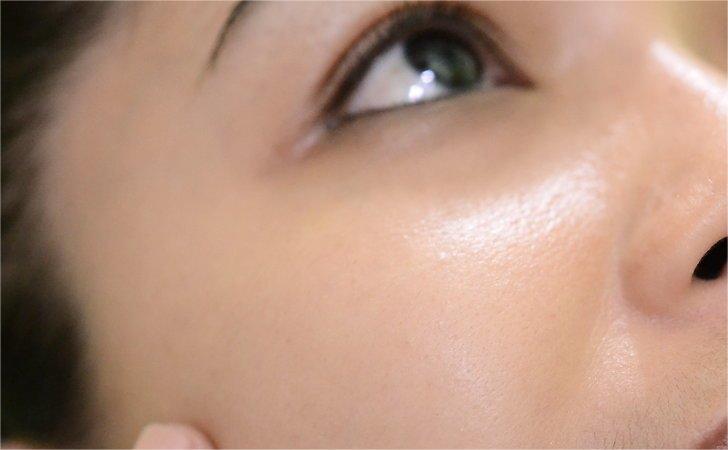Opinion.We all have them, especially something as subjective as style. If you look at the comments section of any social media post, you’ll see examples like: “That dress is one size too small.” “That color washes him out.” “She needs to fire her stylist.”
Some of us find it necessary to proactively express and share our opinions. While sharing can sometimes be helpful—for example, if you warn a friend that her high heels might not be the best choice for a beach wedding on the beach—however, many times, sharing can be downright offensive, hurtful, or even dangerous (especially if you are in the workplace).
But do you know when you’ve made an unwanted comment? We decided to talk to experts, including sociologists, psychologists, and HR professionals, to get their thoughts.
While all the experts we talked to recommended refraining from saying anything at all in regard to people’s clothing, here are the phrases you should definitely avoid.
Comments that expose people’s insecurities
Think: “They’re too old to wear this,” or “Just because you can wear something, doesn’t mean you should.”
Experts want us to live in a world where we don’t comment on people’s appearance. Phrases they believed to be most avoided included “She’s too old to wear this,” and responses to fat content creators’ videos: “Just because you can wear something doesn’t mean you should.”
These types of comments It really exposes people’s fear of their own bodies. When we make statements like these, they trap us in the body-as-object way of being, and we should move away from thinking of the body as an object.
Comments about professionalism
Here, we’re talking about statements that declare an outfit “unprofessional” because, for example, you think it’s “too tight.”
A lot of the comments people make about clothing have to do with sexualized boundaries, especially for curvy women of color.
Things that are not considered a problem for thinner or skinnier women are often seen as a problem for curvy people. Background and family dynamics also come into play in this case, especially as young girls enter puberty and their bodies change.
You shouldn’t say anything that would suggest that someone is “doing something inappropriate in some way, shape, or form just because of the way the fabric touches their skin.
People often try to figure out who you are and then place you into some invisible hierarchy based on how you dress. The problem is that most of us make assumptions and generalizations related to race, gender, and identity. One example is the belief that someone wearing baggy pants must be involved in gang activity.
Comments that assign an identity-based judgment to your clothing
Think: “You look like a leprechaun in that outfit,” or “Did you buy that outfit at a garage sale?”
Avoid making comments that could be construed as judgmental, i.e. anything that casts judgment on your identity, class, race or other identity-based factors onto your clothing. This is where people tend to get themselves into trouble.
Anything that suggests a preference or bias based on someone’s race, color, religion, gender, or age can lead to very real problems.
In addition to getting yourself into the proverbial hot spot, you run the risk of hurting your coworkers’ feelings, which, according to Propst, can hurt morale and productivity.
And the obvious one: Comments about someone’s size, no matter the size
Never use phrases like “wearing that dress makes you look fat” (not to mention, commenting on how slim a person’s body looks can have the same triggering effect). Clothing doesn’t make people look special.If you must say something, say “This isn’t a good fit for you.”
Fabric makes a person look special, which can exacerbate phobias. In interpersonal interactions, use this opportunity to have a conversation or set boundaries. Let people know you’re not actually asking for their opinion.
After all, most of us dress up just to go out into the world and live. If anything, what we decided to present was a form of self-expression rather than an opportunity for feedback.


